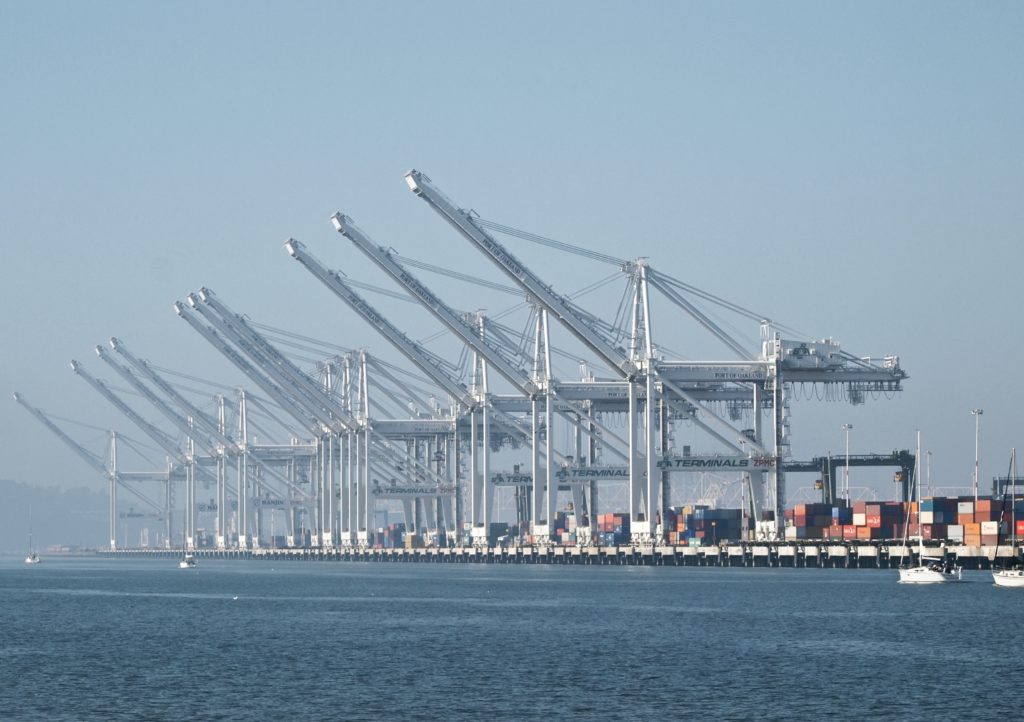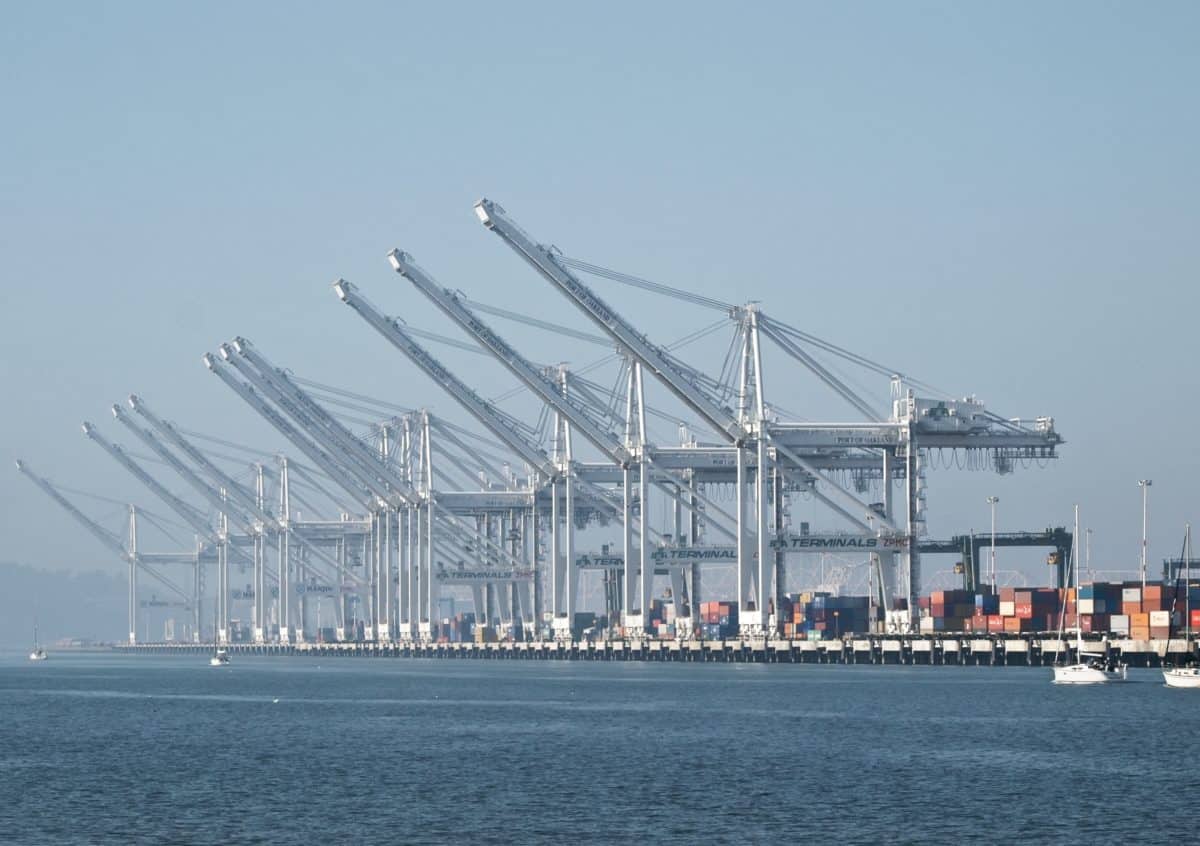RETAILERS APPLAUD END TO CONTROVERSIAL BORDER ADJUSTMENT TAX PROPOSAL


The National Retail Federation welcomed yesterday’s announcement by congressional and administration leaders that they are committed to passing comprehensive tax reform that lowers rates without creating a new border tax that would shift the burden to consumers.
“Today’s update on the status of tax reform is very encouraging, particularly since the border adjustment tax is no longer under consideration,” said Matthew Shay, president and CEO of the NRF. “By removing this costly element of reform, the way has been cleared for swift action on a middle-class tax cut that will put more money in the wallets of the American taxpayer. Changing our outdated tax code is fundamental if we are to grow our economy, encourage investment and create jobs.”
“Retailers pay the highest effective corporate tax rate of any sector of the U.S. economy,” Shay said. “Broadening the tax base and lowering the corporate tax rate will allow our industry to compete effectively in the global marketplace, particularly without the additional burden of a border adjustment tax. In the end, our workers and the consumers they serve are the ultimate beneficiaries of this effort.”
The United States has one of the highest corporate tax rates in the world and NRF has led the retail industry in seeking comprehensive tax reform. Retail benefits from few of the tax breaks that lower tax bills for other industries, and most retail companies pay at or close to the full 35 percent.
The 20 percent border adjustment tax included in the “Better Way” tax reform plan proposed last year by House Speaker Paul Ryan, R-Wis., and Ways and Means Committee Chairman Kevin Brady, R-Texas, would effectively move the United States toward a consumption tax structure rather than the current income tax structure.
The BAT provision would end importers’ ability to deduct the cost of merchandise purchased from other countries, resulting in higher prices for consumers. NRF estimates doing so could cost the average family as much as $1,700 a year.


